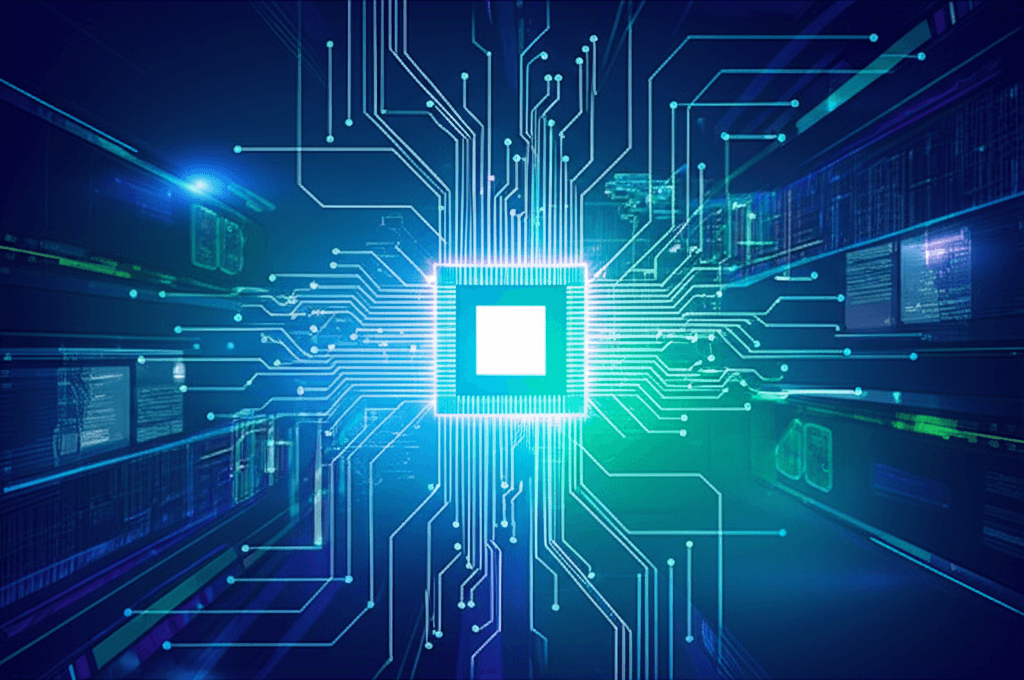Anthropic's Claude Opus 4.1 Masters AI Coding, Fiercely Competing
Anthropic's Claude Opus 4.1 boosts AI coding prowess and agentic reasoning, intensifying the battle for enterprise and developer markets.
August 5, 2025

Anthropic has escalated the fierce competition in the artificial intelligence sector with the release of Claude Opus 4.1, an incremental but significant upgrade to its flagship model.[1][2] The new version boasts enhanced capabilities in coding, multi-step reasoning, and the execution of agentic tasks, which involve AI systems autonomously completing complex goals.[3][4] This release sharpens the company's competitive edge against rivals like OpenAI and Google, particularly in the lucrative enterprise and developer markets. Available to paid users and through various cloud platforms, including Amazon Bedrock and Google Cloud's Vertex AI, Claude Opus 4.1 maintains the same pricing as its predecessor, Claude Opus 4, while promising a notable boost in performance.[1][5] The update arrives as Anthropic signals an accelerating pace of development, with a promise of "substantially larger improvements" in the coming weeks, setting the stage for a dynamic period of innovation and competition in the AI landscape.[3][4]
The most significant advancements in Claude Opus 4.1 are centered on its sophisticated coding and software engineering abilities. Anthropic reports that the model achieves a score of 74.5% on the SWE-bench Verified benchmark, a rigorous test designed to evaluate performance on real-world software development tasks.[1][6] This marks an improvement from the 72.5% achieved by Claude Opus 4 and significantly widens the gap with competitors.[7][6] Industry partners have observed these gains firsthand. GitHub noted that Opus 4.1 shows particular strength in multi-file code refactoring, a complex task that requires understanding the intricate dependencies within a large codebase.[3][4] Similarly, Japanese e-commerce giant Rakuten Group praised the model's precision in identifying and suggesting exact corrections in extensive codebases without introducing new bugs, a crucial capability for everyday debugging.[3][4] These specialized skills position Claude as a powerful tool for professional developers, moving beyond general-purpose code generation to address more nuanced and complex aspects of the software development lifecycle.[8]
Beyond its coding prowess, Claude Opus 4.1 demonstrates upgraded agentic and reasoning capabilities, enabling it to function more like a proactive collaborator than a reactive assistant. The model shows marked improvement in its ability to handle in-depth research and data analysis, especially in tasks that require meticulous detail tracking and "agentic search," where the model can autonomously seek out information.[6][3] This is part of a broader trend toward creating AI agents that can independently plan and execute multi-step workflows. The predecessor, Claude 4, introduced the concept of "extended thinking," allowing the model to pause, use tools like web search, and reason through a problem before providing an answer.[9][10] This ability to tackle long-running tasks was showcased when a previous version worked on a complex open-source project for nearly seven hours autonomously.[11][12] By enhancing these agentic functions, Anthropic is pushing the boundaries of what AI can achieve with minimal human oversight, aiming to create systems that can manage complex projects and build upon knowledge over time.[12][13]
The release of Claude Opus 4.1 is a strategic maneuver in the relentlessly competitive AI industry, likely timed to pre-empt or counter anticipated releases from rivals, including a rumored GPT-5 from OpenAI.[14] While other models may lead in areas like multimodal interaction, Anthropic has carved out a distinct advantage in professional-grade coding, complex reasoning, and sustained task execution.[8][15] This specialization has resonated with the enterprise market, with Anthropic's market share reportedly growing significantly.[16] The company has evolved its strategy from simply providing powerful models to building an entire platform-as-a-service (PaaS) ecosystem, complete with developer tools, APIs, and integrations designed to create a sticky environment for building sophisticated AI agents.[9][17] This focus on enabling developers is further evidenced by the general availability of Claude Code, a suite of tools that integrate directly into developer workflows in environments like VS Code and JetBrains.[9]
In conclusion, the launch of Claude Opus 4.1 signifies more than just an incremental update; it represents a deliberate and strategic push by Anthropic to solidify its leadership in the high-stakes domains of AI-powered software development and autonomous agentic systems. By delivering measurable performance gains in coding accuracy and complex reasoning without increasing cost, the company is making a compelling case to developers and enterprises.[1][3] The improvements in agentic capabilities point toward a future where AI models act as persistent, proactive partners in complex problem-solving. As Anthropic continues to accelerate its development cycle, with even more significant advances promised on the horizon, the AI industry is poised for a period of intensified competition where specialized capabilities and robust developer ecosystems will become increasingly crucial battlegrounds.[3][18]
Sources
[6]
[8]
[10]
[11]
[13]
[14]
[15]
[16]
[17]
[18]